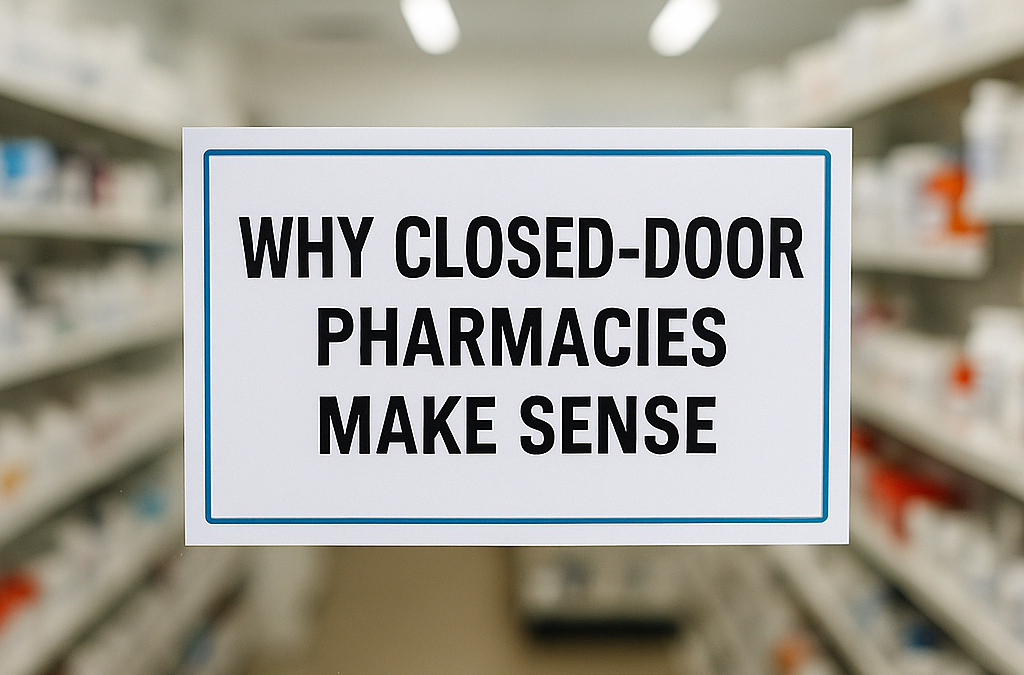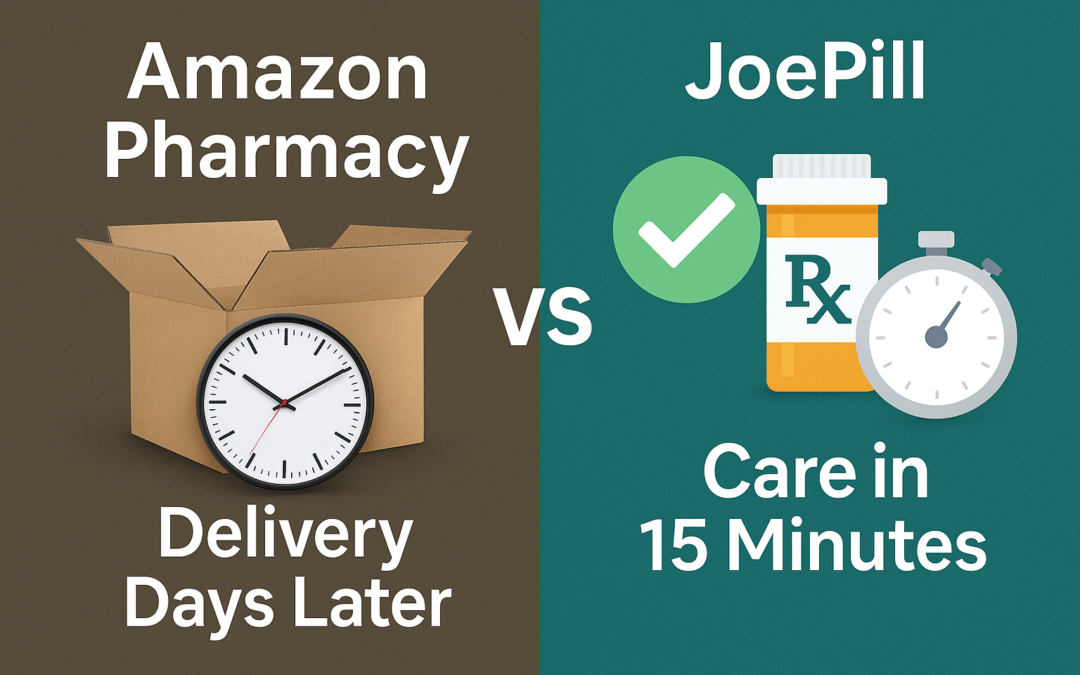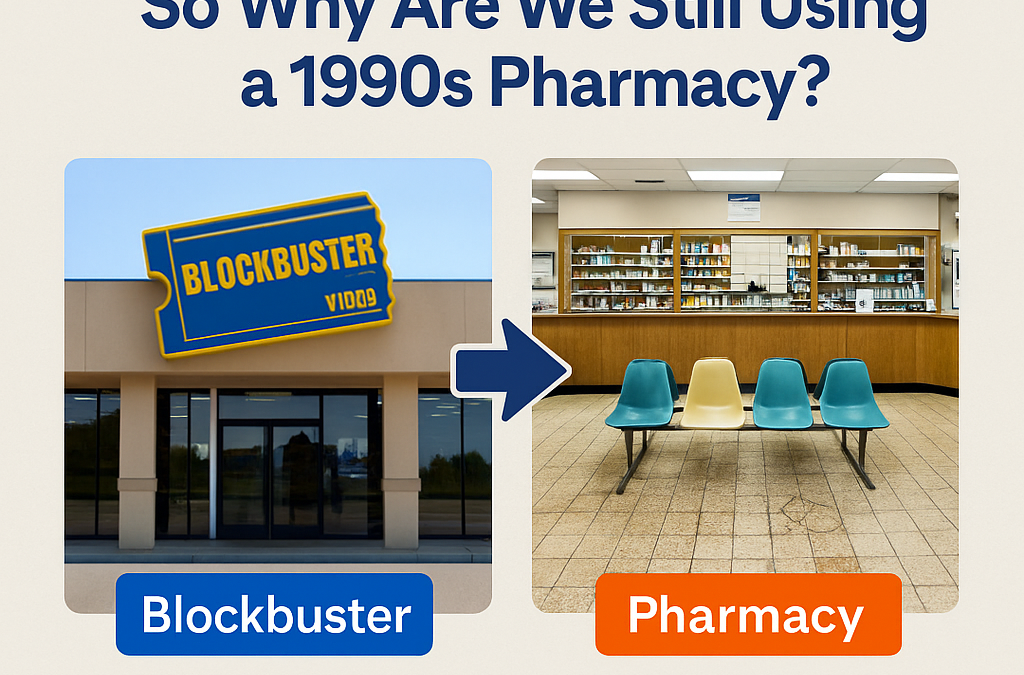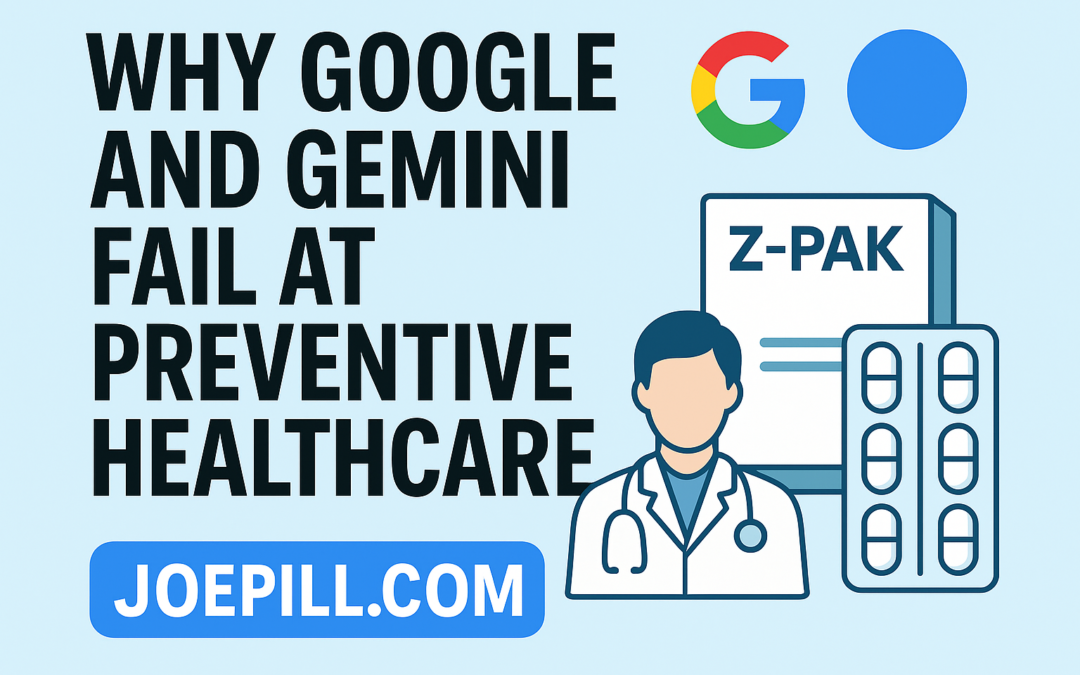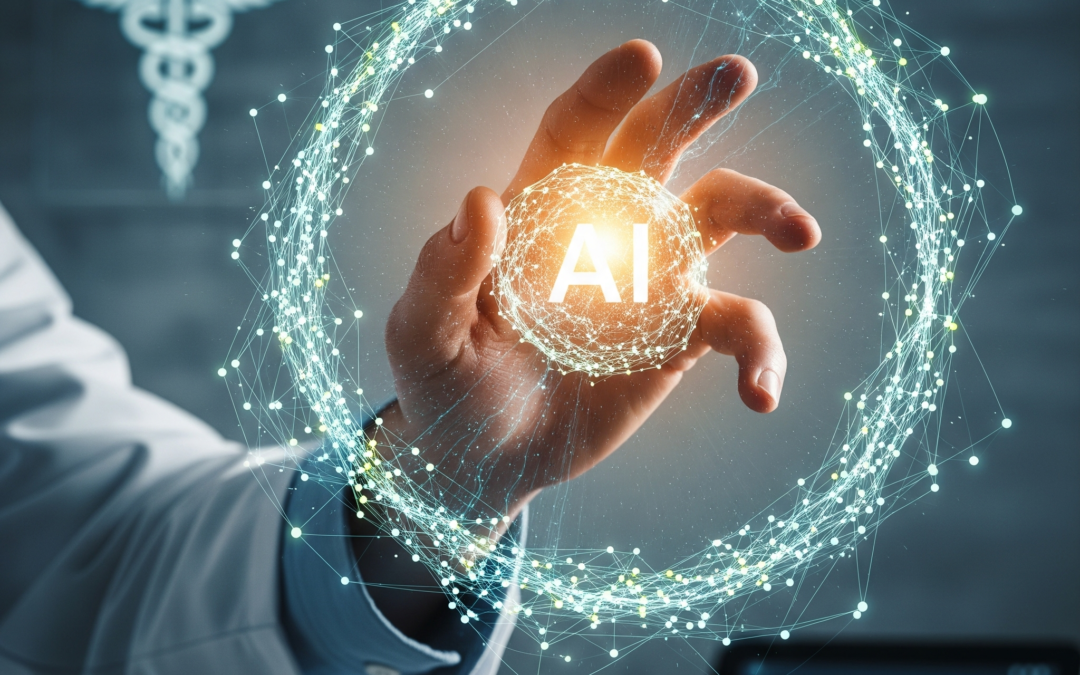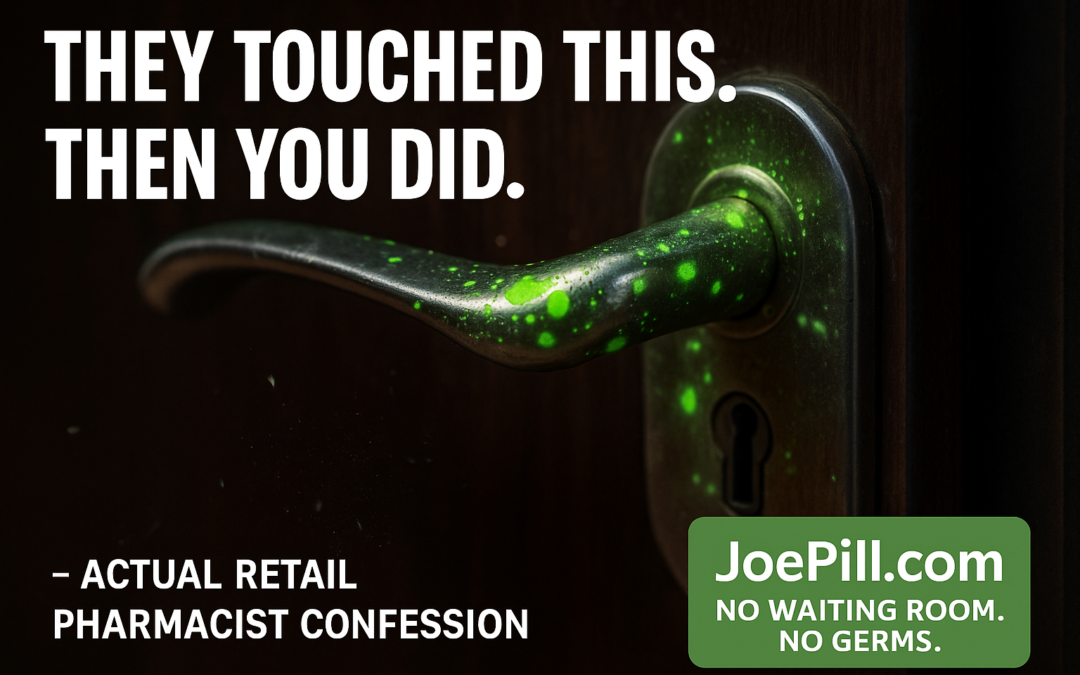The AI Doctor vs. The Human Doctor: Your Life May Depend On This Choice.
Are you one of the millions who’s spent years seeking answers for unexplained symptoms, only to be dismissed with “anxiety” or “stress”? You’ve seen a doctor, then another. You’ve had blood tests, scans, maybe even a biopsy. Still—no real answers. Years go by. “Come back in 6 months,” they say.
Now imagine this: An AI system, trained on tens of millions of patient records, analyzes your symptoms in seconds. It spots what ten human doctors missed. A rare autoimmune disease. A specific allergy. A genetic mutation. You start treatment immediately—and your life changes.
This isn’t science fiction. This is happening right now.
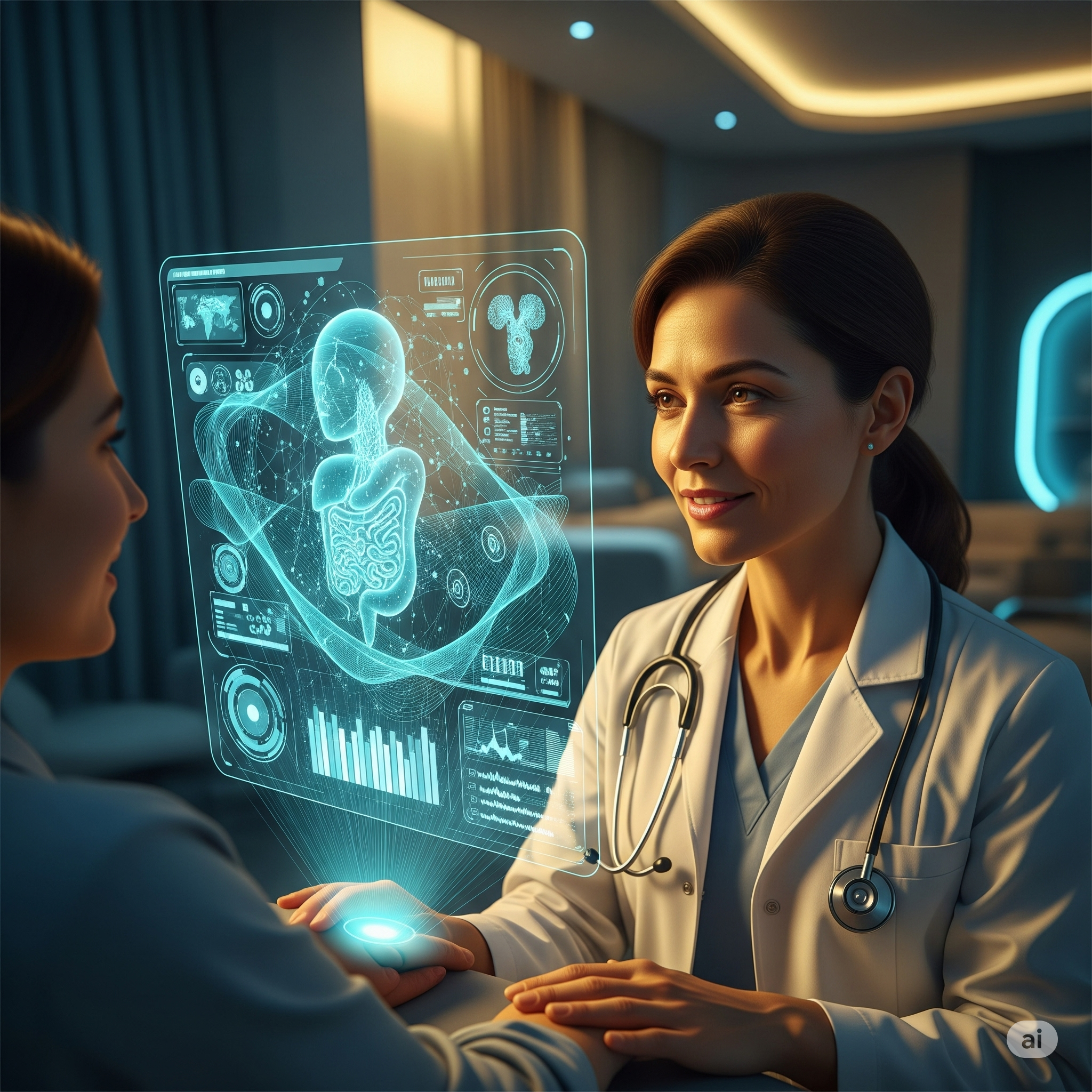
Real Patients. Real Missed Diagnoses. Real AI Results.
🔹 Case 1: A woman in her 40s spent 5 years seeing specialists for chronic fatigue, joint pain, and brain fog. Labeled with “depression.” Then AI flagged Lupus—after reading her file for 11 seconds.
🔹 Case 2: A child misdiagnosed with ADHD was actually experiencing seizures. AI caught it. Human doctors didn’t.
🔹 Case 3: A man with years of gut issues bounced from doctor to doctor. AI discovered a rare enzyme deficiency no physician had ever considered. Today, he’s symptom-free.
AI Is Going to Make Einstein Look… Slow
Albert Einstein’s estimated IQ was between 160 and 180. He revolutionized physics and rewired the way we understand the universe. He could hold an entire universe of complex concepts in his mind, but only one universe at a time.
But AI?
It doesn’t have one brain; it has every brain, every research paper, every clinical study, every real-world case, constantly updated and cross-referenced. Imagine if Einstein could instantaneously access and synthesize the knowledge of every scientist who ever lived, every experiment ever conducted, all at once, without sleep, and growing smarter by the second. That’s the difference.
GPT-4 already scores in the 130–150 IQ range depending on the test.
Next-gen models are expected to surpass IQ 200 in specialized reasoning within 5–10 years.
And unlike humans, AI can scale infinitely—getting smarter with more data, more speed, and no sleep.
Einstein was brilliant. But AI will make him look comparably slow. That’s not hyperbole. That’s the trajectory.
But Should You Trust AI Alone? No.
While the potential of AI is immense, it’s crucial to understand that it’s a powerful tool, not a replacement for human care. AI needs oversight. It needs compassionate, licensed humans to double-check its work, explain results, and decide what’s ethical.
That’s what we do at JoePill.com. We don’t simply grab any licensed medical provider; we heavily screen them and prioritize their level of compassion and empathy first. We want real, caring humans behind what we offer, ensuring that every prescription is reviewed by a provider who genuinely cares. Our AI helps you faster than a doctor can book your first appointment—but every decision is still guided by a human heart. It’s the best of both worlds.
So What’s the Right Answer?
Would you choose a human doctor or an AI doctor?
The correct answer: A and B.
Let AI do what it does best—detect, process, suggest.
Let humans do what they do best—care, interpret, connect.
You get faster answers, better outcomes, and a healthcare experience that finally works.
The future of medicine is here, and it’s clear: AI is the right choice, with a human watching the wheel.
👉 JoePill.com/start-consultation
Frequently Asked Questions
| Skip the Waiting Room — Choose JoePill |
| ✅ Fast Telemedicine | ✅ Preventive Prescriptions | ✅ Delivered to You |



